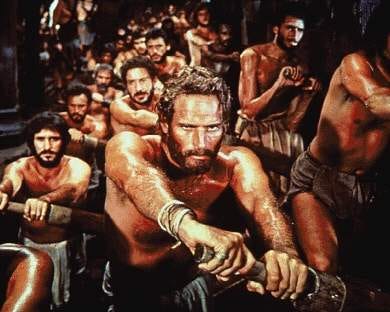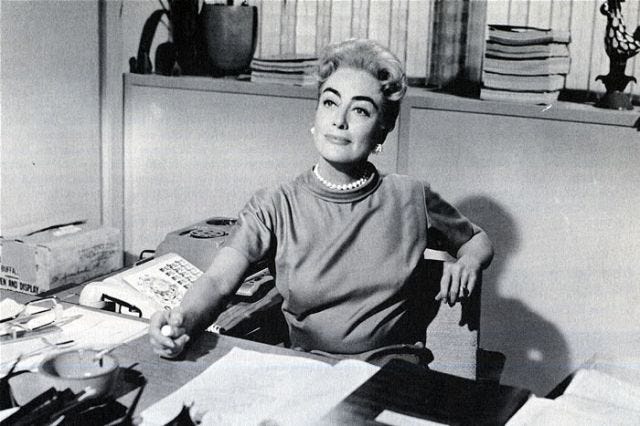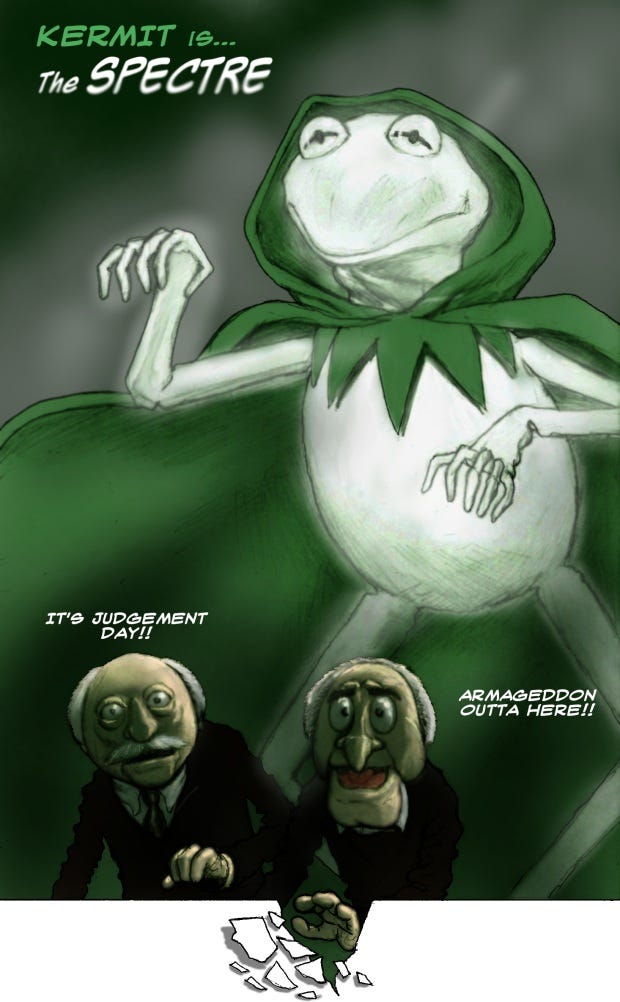So What, Who Cares (vol 2, issue 37) Who Stewart Friedman is and why you might care
Hello! Due to circumstances that are utterly opaque unto me and therefore a mystery for the ages, the previous edition of So What, Who Cares? was shunted straight to spam for many readers. If you'd like to see what was considered too racy for inboxes, please click on over to "Why the Disney Princess is now old enough to run for U.S. president."
Self-promotional note: My latest for Previously.TV is up, "Norman Bates, Poster Boy For Why You Don't Date 'Nice Guys.'"
*

Here is why you should know who Stewart Friedman is: Because he has an entire research team dedicated to figuring out how people can be less miserable at work and happier at life. The director of the Wharton Business School's Work/Life Integration Project, he's weighed in on everything from work-life balance:
Balance is bunk, because it makes you think “trade-off.” When you think you’ve got to give something up to get something in the other parts of your life, you are limited in terms of what is possible.
to the importance of self-care among the group of working professionals least likely to have the time (vol 2, issue 11):
One of the most compelling findings Jeff Greenhaus and I reported in our research (described in Work and Family–Allies or Enemies? What Happens When Business Professionals Confront Life Choices) on the lives and careers of over 800 business professionals was this: The more time that working mothers spent taking care of themselves, the better the emotional and physical health of their children.
to how the lack of corporate or governmental support for U.S. families is causing younger adults to rethink the very idea of parenthood:
“The cost of child care is one of the factors causing young people to opt out of parenthood — and that’s a problem,” Friedman notes. “It’s a problem that can be solved in terms of what the private sector can do, and what government can do to improve child care infrastructure and paid family leave.”
to the notion that you don't have to focus on your job to be good at your job -- you have to focus on the parts of your life that are rewarding to you. Why? Because when you are feeling better about how things are going in terms of self-care, family participation and community involvement, those positive gains spill over into your work performance.

So what? Friedman's amassed a considerable body of research on what makes people tick -- and while a lot of it is aimed at managers or the kind of people who are really comfortable thinking of themselves as "high achievers," it's very useful for the regular working stiff because he's got a knack for identifying and framing workplace trends, and how to embrace or circumvent them. For example, he offers strategies for shoring up some of the office/home boundaries that mobile technology has so easily knocked down.
Who cares? Anyone who begins to spit in indignation when the darkly hilarious phrase "work-life balance" gets trotted out.
As Friedman points out, "If your mindset is what am I going to have — work or life — then you are always thinking in terms of what you have to give up." He recommends instead reframing your life in terms of what you're willing to commit to your family, your community and to yourself because then you'll have "the strength, the resources and the support that [you] need to be successful in the professional world."
And when in doubt, "focus things that you can do that are within your control that enable you to create value in some way."

Further reading: Don't believe that young adults are looking at the lot of working parents in the U.S. and saying, "NO THANKS"? Check out the Friedman interview given in support of his book Baby Bust: New Choices for Men and Women in Work and Family, where he notes that young adults today are remarkably clear-eyed about the effort required to parent in one of the world's four nations without any national paid parental leave policy.
And then check out New York magazine's excellent piece about women's ambivalence toward having children, which notes:
The majority of today’s young people of both genders seek an egalitarian split in work and family responsibilities. But even if both partners want it, women are aware that they probably won’t get it.
[...]
The work of raising children also comes with virtually no support. American mothers aren't guaranteed paid maternity leave or paid sick leave and are offered virtually no help in affording the exorbitant cost of child care. They also face widespread discrimination and a hit to their incomes just for becoming a mom.The women interviewed for this story didn’t always think their male partners would let them down. But they were all acutely aware of how having a baby would significantly rearrange all of the pieces of their lives, many of which they worked hard to put in place.
It also features an interview with Stephanie Coontz, who will get her own SW,WC issue in the future for her work on history and family studies. I highly recommend the NYmag piece.
*

Your pop culture note of the day: My better half referred me to this mash-up of Muppets and comic book covers, and I so enjoyed it, I wanted to share it with you all. Once you've seen that, see how superheroes go corporate with MOO's business cards for comic heroes or Pop Chart Lab's business cards for comic heroes and villains.
For some lovely eye candy that mixes comics nerdery with infographic nerdery, pick up Tim Leung's Super Graphic: A Visual Guide to the Comic Book Universe. Spring for a paper version, not the digital one.
And finally, test your visual comics chops with Monday's Buzzfeed quiz "Can You Identify A Superhero Just By Their Colors?"
*
Your pop bracketology note of the day: SBNation nails it with The Worst Internet Things. I am honestly unsure which selections I'm going to make, but I think my early favorite is "Women Being Asked Things Then Being Corrected When They Don't Answer."
*
Are there typos? I apologize in advance. The only editing class I did not get an A in was copyediting.
Did you miss an issue of So What, Who Cares? The archive is here.
Would you like a run-down of all the books and other pop culture picks ever mentioned in this newsletter? Then check out the Pinterest board. (Note: None of the links are affiliate links; I do not make money off anything I link to.)
If you really like So What, Who Cares?, tell a friend to subscribe.

